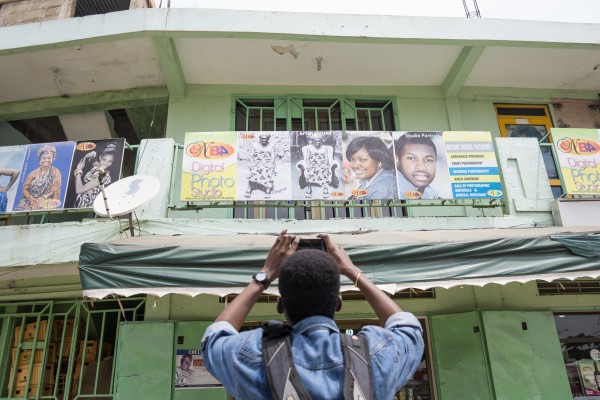 Some folks have rightly observed that Ghanaians have become more ‘vocal’; they’re resolute in their demands for governmental accountability. Most have cited social media as the source for this reinvigorated sense of citizenship. Their observations are partly based on the following premise: social media, like Facebook and Twitter are democratic spaces where everyone has the opportunity (access) to express their opinions. Unfortunately, this view point seems to advance the idea that comments on social media are somehow representative of public opinion. Granted, this is certainly a useful way to quickly gauge public opinion but how many Ghanaians are actually on social media? Who is actually on social media? What are the dominant languages on social media? Critical reflections on these questions may tell us “whose” opinions are actually being amplified and centered.
Some folks have rightly observed that Ghanaians have become more ‘vocal’; they’re resolute in their demands for governmental accountability. Most have cited social media as the source for this reinvigorated sense of citizenship. Their observations are partly based on the following premise: social media, like Facebook and Twitter are democratic spaces where everyone has the opportunity (access) to express their opinions. Unfortunately, this view point seems to advance the idea that comments on social media are somehow representative of public opinion. Granted, this is certainly a useful way to quickly gauge public opinion but how many Ghanaians are actually on social media? Who is actually on social media? What are the dominant languages on social media? Critical reflections on these questions may tell us “whose” opinions are actually being amplified and centered.
Further, Facebook and Twitter are not democratic spaces, these are private commercial entities whose main interest is making money. They sell user data and market good and services. Increasingly they’ve become tools for both government and corporate surveillance. For instance in 2014 Facebook conducted a mood experiment by manipulating the news feeds of almost 700, 000 users without their consent. Peter Sunde a co-founder of Pirate Bay, aptly noted “Facebook is the biggest nation in the world and we have a dictator, if you look at it from a democracy standpoint, Mark Zuckerberg is a dictator. I did not elect him. He sets the rules. And really you can’t opt out of Facebook.” Of course you can opt out of Facebook, however, if social media platforms are replacing mechanisms for democratic participation then you may definitely need to open an account to have your voice heard.
